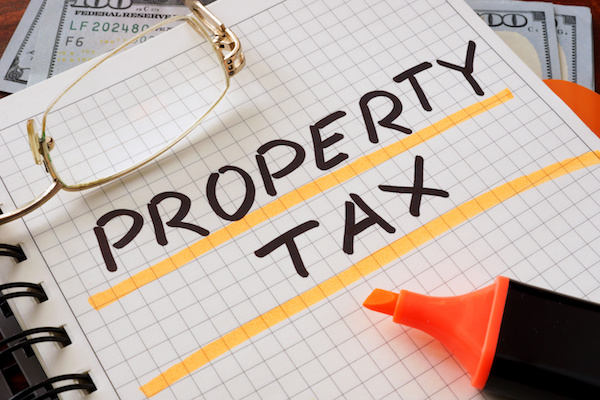Taxation on Investment Properties
harkins

One of the most daunting aspects of real estate investment, especially in the state of Florida, is the overwhelming burden of the tax code. Investment properties in particular may be susceptible to taxation complexities far beyond the ken of the average investor. Tax law recognizes the difference between a home that a family lives in and a property that an investor has purchased for a profit. Adroit manipulation of deductions and tax benefits is required in order to avoid frequent and large tax payments.
Florida is a “homestead” state, which means that there are very strong and intricate laws for the protection of the primary residence of any homeowner. However, these laws do not cover investment properties in any way, shape, or form. This means that investment properties are taxed much more heavily than the single homesteads of each family. However, the alert investor can still use deductions and other tax mitigation strategies to keep their bill low.
Many tax shelter strategies for investment property portfolios center around using the expenses of one property to compensate for the tax liability on another. Interest on mortgage loans, spending on repairs, and the property value depreciation that comes with tenant occupancy are all examples of things that can be used for tax write-offs.
Investors who have a portfolio with multiple real estate properties, especially those located in different municipalities or states, should consider hiring a professional CPA. The savings that they will be able to bring in from more adroit manipulation of the tax laws will more than make up for their nominal cost. This is essential when dealing with a multiplicity of state organizations. Investment laws are so specific to location and jurisdiction that it is very easy to make mistakes. Something that was completely permissible in one zoning district of one city might be technically illegal just a few streets over.
« Previous Next »
 Harkins Commercial, Incorporated opened its doors in 1978. Originally conceived as an in-house real estate service for custom home clients of Harkins Development Corporation, Harkins Realty, Inc has today evolved into a comprehensive commercial real estate firm that offers a full range of business-oriented services.
Harkins Commercial, Incorporated opened its doors in 1978. Originally conceived as an in-house real estate service for custom home clients of Harkins Development Corporation, Harkins Realty, Inc has today evolved into a comprehensive commercial real estate firm that offers a full range of business-oriented services.